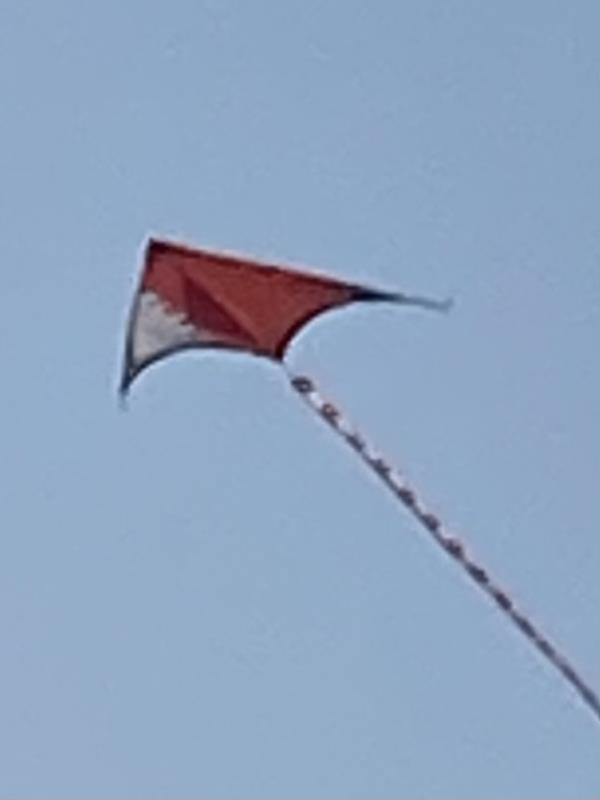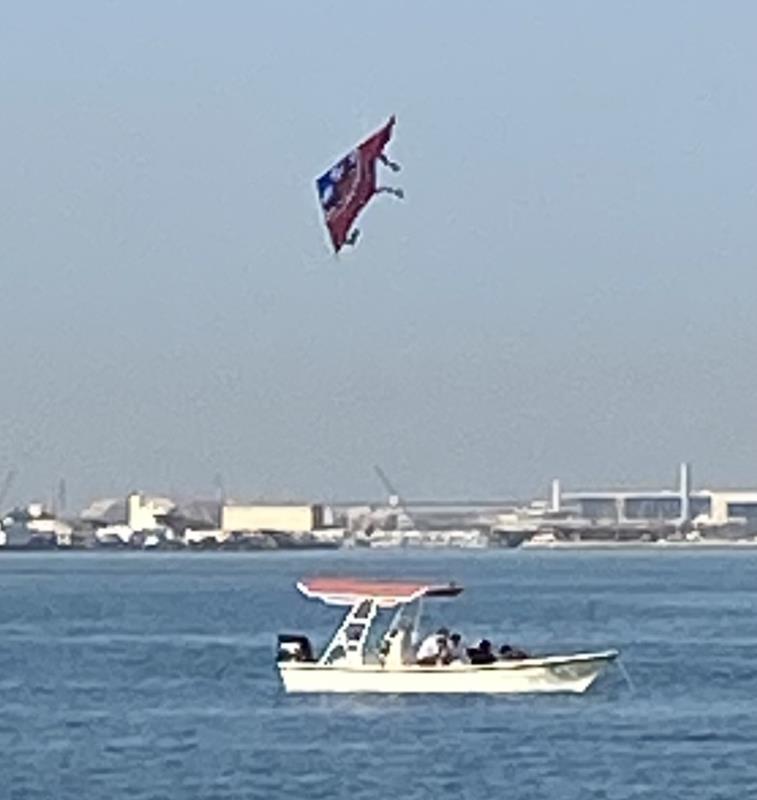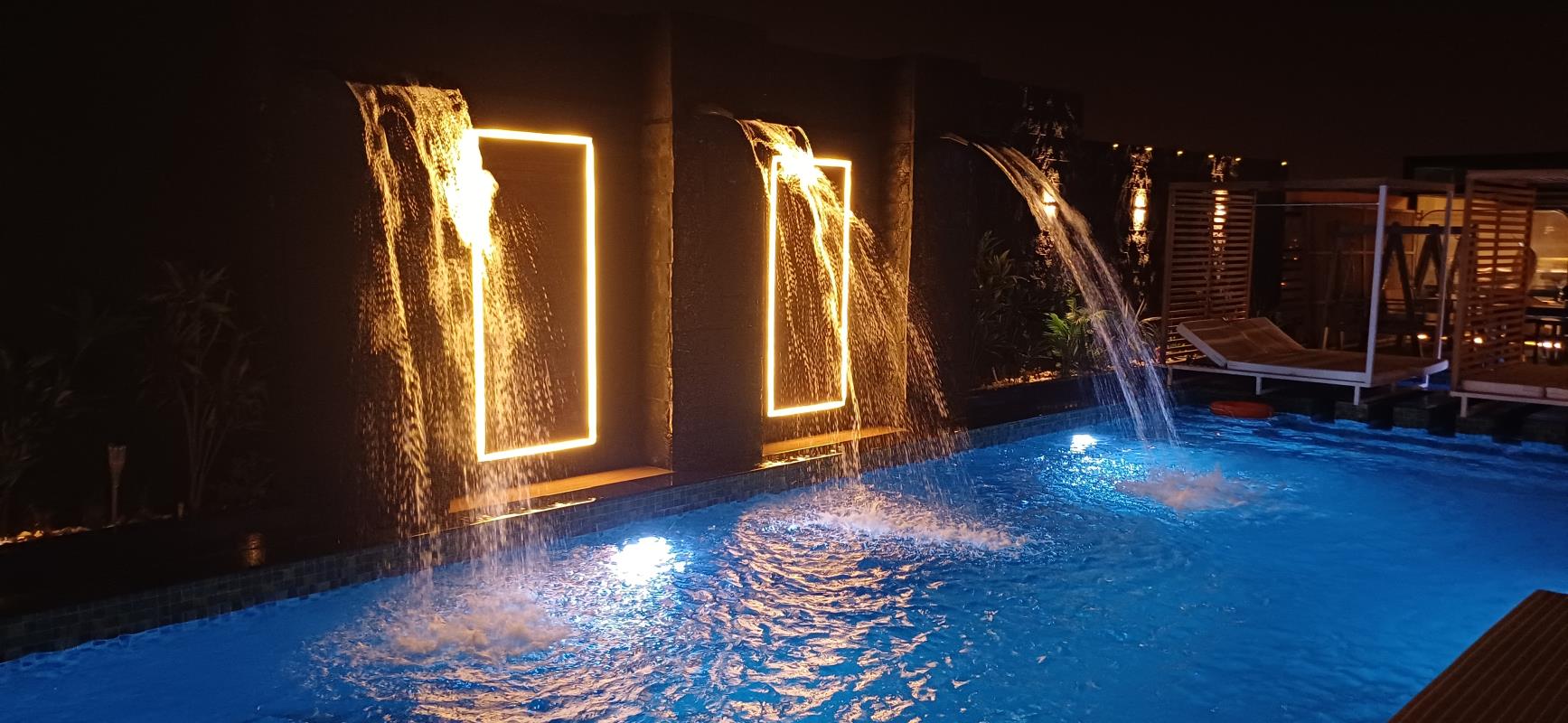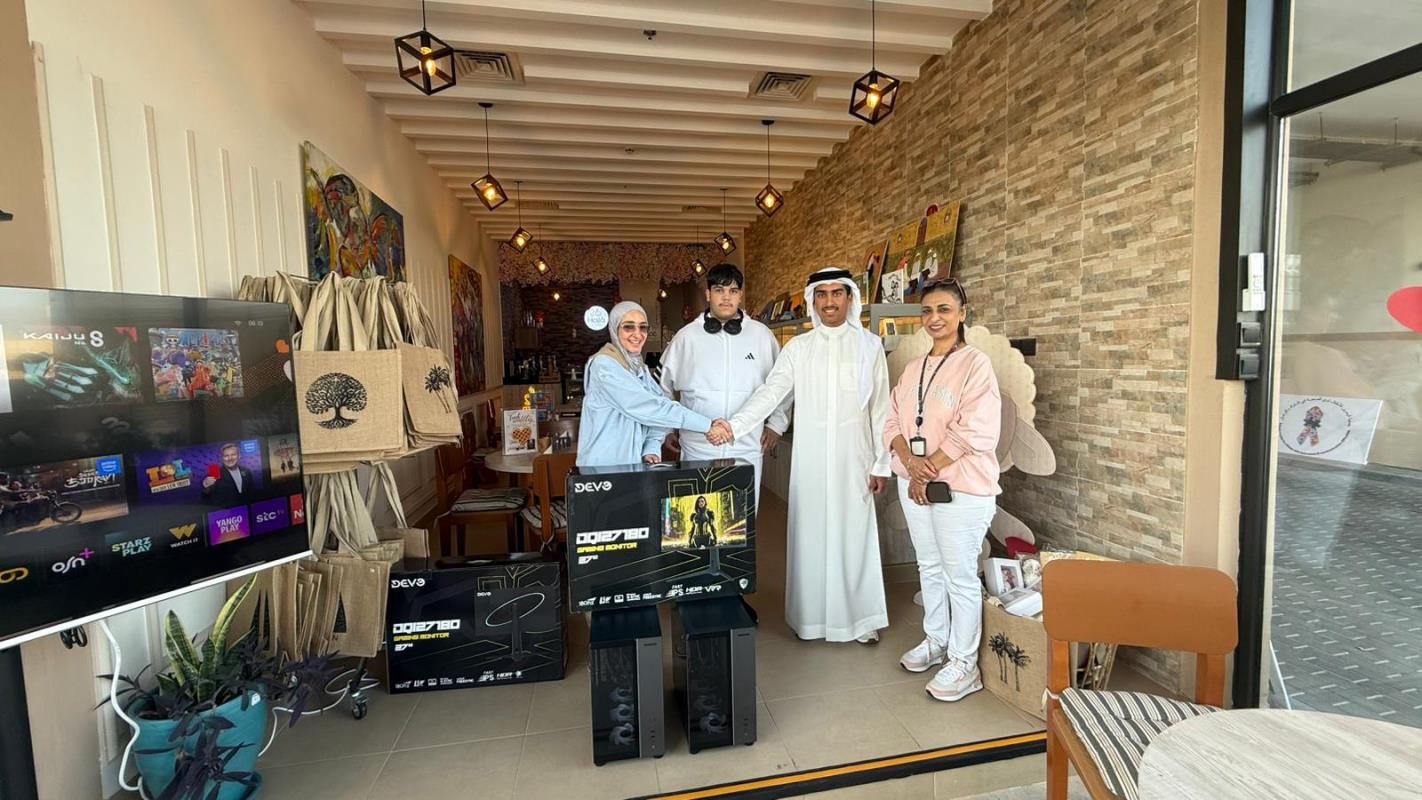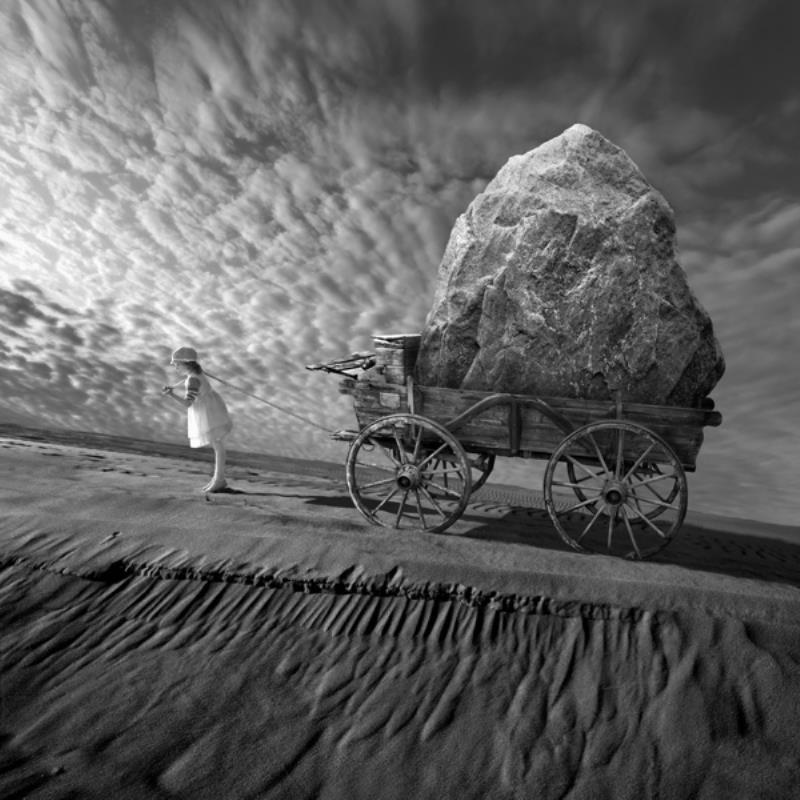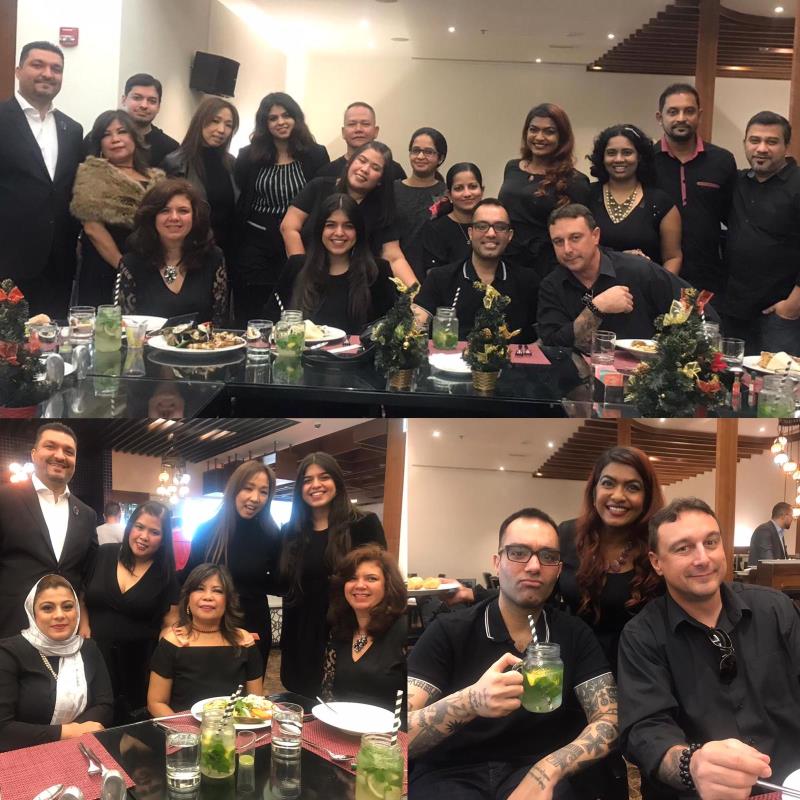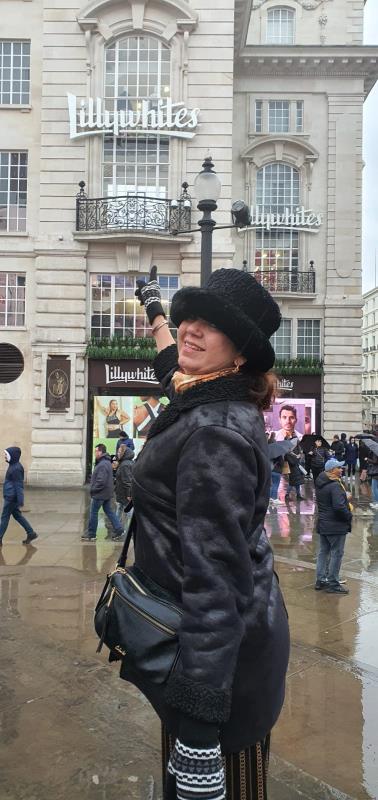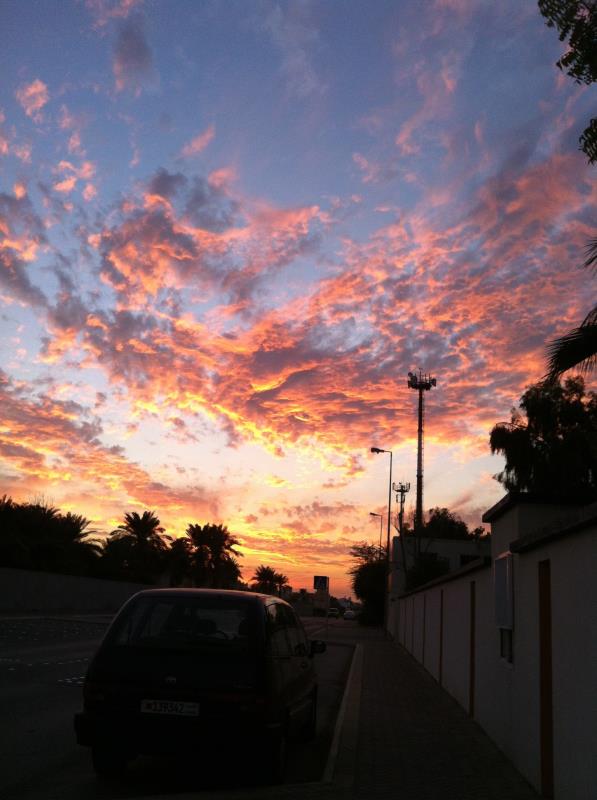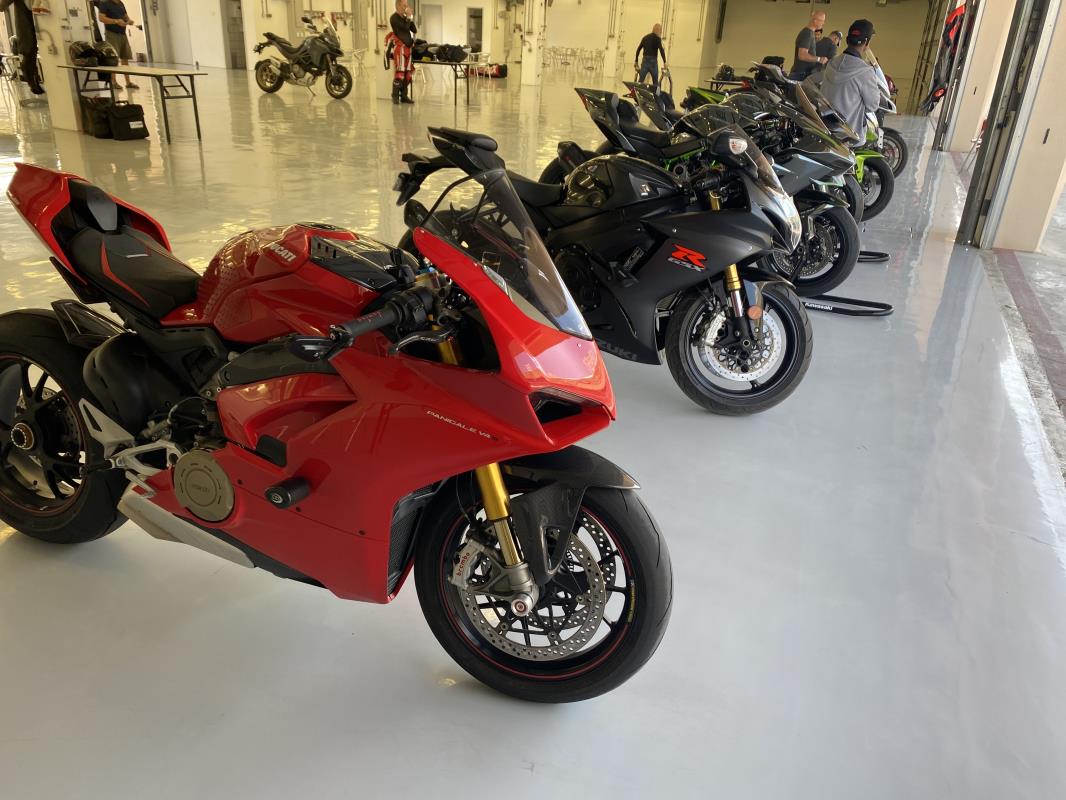The strength of the English language lies partly in its ability to borrow and then assimilate new words from other languages.
Many English words were originally borrowed from Greek, Latin and Old Norse and French but English has borrowed words from many other languages too.
Here are a few of the many words in the English dictionary that that we have borrowed from other languages:
avatar : The word avatar, now commonly applied to a person’s representation or embodiment in a virtual world, is Sanskrit in origin. It derives from a Sanskrit word avatāra meaning “descent.” In Hinduism, it means the descent to earth and the incarnation in a human form of a god like Vishnu.
boondocks : The phrase the boondocks is derived from the Tagalog word bundok, which means "mountain. " American soldiers stationed in the Philippines in the early 1900s adopted the word , using it to describe an isolated or wild region.
canyon : The word for “a deep, steep gorge formed by a river” was borrowed from Spanish by early 19th century Americans exploring what was then Spanish territory in the west. Cañón also means "tube" in Spanish, which refers to the way that water flows through narrow canyons.
compound : The word compound to mean a cluster of buildings in an enclosure, which may be a wall, a hedge or a fence, is derived from the Malay word kampung or kampong, meaning enclosure or village.
chocolate : The word chocolate comes from Nahuatl, the language spoken by the people living in central Mexico during the 16th century Spanish conquest. The word xocoatl rwas the name of the bitter, spicy drink the Aztecs made from cacao beans.
cookie : The word came into English from Dutch; koekjes means "little cakes," and is derived from koek, which means "cake."
emoji : Emoji refers to a small digital image used to express an idea or emotion in electronic communication. The word is formed from two Japanese characters e (絵, "picture") + moji (文字, "character".) Emojis were invented in the 1990s by a Japanese designer, Shigetaka Kurita, as a visual language for mobile internet platforms.
glitch : The word glitch describes a small problem or minor malfunction that can be remedied without too much difficulty. The word comes from the Yiddish word glitsh meaning “a slippery place” and glitshn “to slip.” It was first used as technical jargon among radio engineers in the 1940s and then in the 60s by engineers working on the space programme.
hinterland : Hinterland is a German word meaning "the land behind.” The word in English refers to the remote, rural or less developed parts of a country; the back country, also called the sticks, the boondocks, the boonies or, in Australia, the outback.
intelligentsia : The word intelligentsia is used in English to describe the well-educated sector of society. The word was first used in Russia in the late 19th century to describe a certain group of critical, influential intellectuals in Russia, mostly urban professionals like lawyers, writers, artists, and scholars.
jaguar : This large wild cat with spots on its fur, related to the leopard, takes its name from yaguara, the name for the animal in Tupi-Guarani, an indigenous langauge of South America.
ketchup : The name for this familiar tomato condiment comes from the Cantonese words 番茄汁 or "faan-ke sap" which means tomato juice or tomato sauce.
khaki : A light yellowish brown fabric used originally for British military uniforms. The word derived from the Persian word khāk, meaning “dust or dust-coloured.” The colour khaki is darker than beige and more muted than tan.
kindergarten : The first kindergarten was started in 1837 by a German named Friedrich Froebel. The word literally means “children's garden” in German and was indicative of Froebel’s belief in the importance of play and activity in young children’s learning.
landscape : The word landscape comes from the Dutch term landschap, which combines the words land and -schap, the latter meaning “condition” or “shape.”
lemon : The name for the yellow citrus fruit comes from the Arabic word for lemon, ليمون, which is pronounced “limun.”
loot : Pronounced and defined in the exact same manner in English as it is in Hindi, the word loot refers to stolen goods or property.
noodle : The word noodle comes from an old German word Nudel, meaning a "small knot." A nudel was originally more like a dumpling made of wheat flour, butter, and milk that was added to boiled and baked dishes.
okra : A type of plant whose seed pods are edible, from the word ókùrù in Igbo, a language spoken in Nigeria. Also called Lady Fingers.
patio : Patio is a Spanish word that refers to the courtyards within buildings that were a popular feature of medieval Spanish architecture. Patio is now typically used to describe paved seating areas people have at the front or back of their houses.
pistol : The Czech word pišt'ala means a whistle that had the same shape as the firearm that was named after it.
quarantine : In mid-14th century, the bubonic plague wiped out an estimated one-third of Europe’s population. Officials in a Venetian-controlled port city, that is now Dubrovnik in Croatia, passed a law establishing trentino, a 30-day period of enforced isolation for ships arriving from plague-affected areas. The isolation period was lengthened from 30 to 40 days, thus the name was changed from trentino to quarantena.
robot : The word robot was first used as the name for fictional humanoids in a 1920 Czech-language play, R.U.R. (Rossum's Universal Robots,) written by Karel Čapek, although it was Karel's brother Josef Čapek who suggested the name to him. Robot is derived from an old Slavonic word, robota, referring to “servitude” and “forced labour” during the period of serfdom.
sofa : Sofa is another word for a couch in English. It is originally a Turkish word meaning a room containing a "raised section of a floor, covered with carpets and cushions" and the Turkish word sofa comes from the Arabic term suffah meaning "bench of stone or wood."
svelte : The word svelte came into English via French, from Italian svelto, from the Italian verb svellere, meaning "to pull or stretch out; to lengthen." In English, svelte has been used since the early 19th century to describe a slender appearance but it has now also come to imply an urbane or sophisticated manner as well.
tattoo : The British explorer James Cook was the first to use the word tattoo in describing the inked people he met in Polynesia during his 18th century Pacific voyages. In Samoan, the word for tattoo is tatau, and in Marquesan, tatu.
vaccine : The word vaccine was first used by Edward Jenner, the English physician who was the pioneer of the world's first vaccine. A virus that mainly affects cows, called cowpox, was used to show that giving a person one virus could protect them against a related and much more dangerous one, in this case smallpox. The word comes from the Latin word vacca meaning "cow."
vodka : Vodka was distilled from potatoes in the Middle Ages in for medicinal purposes. The name vodka is a diminutive form of the Slavic word voda for water, meaning "little water." The use of the word vodka was recorded for the first time in 1405 in court documents from the Palatinate of Sandomierz in Poland.
wanderlust : The word comes from German, in which wandern means “to hike” and lust means “desire.” The two words together mean "an enjoyment of hiking or roaming about” but it also connotes an urge to travel and go wandering.
zombie : Zombie is a word of West African origin that it was first recorded in English in 1819. It’s related to the words zumbi meaning ‘fetish’ and nzambi meaning ‘a god’ in the Kikongo language, which is spoken in the Congo and surrounding areas. The term was also the name of a snake-god in the voodoo religion of West Africa.






















































